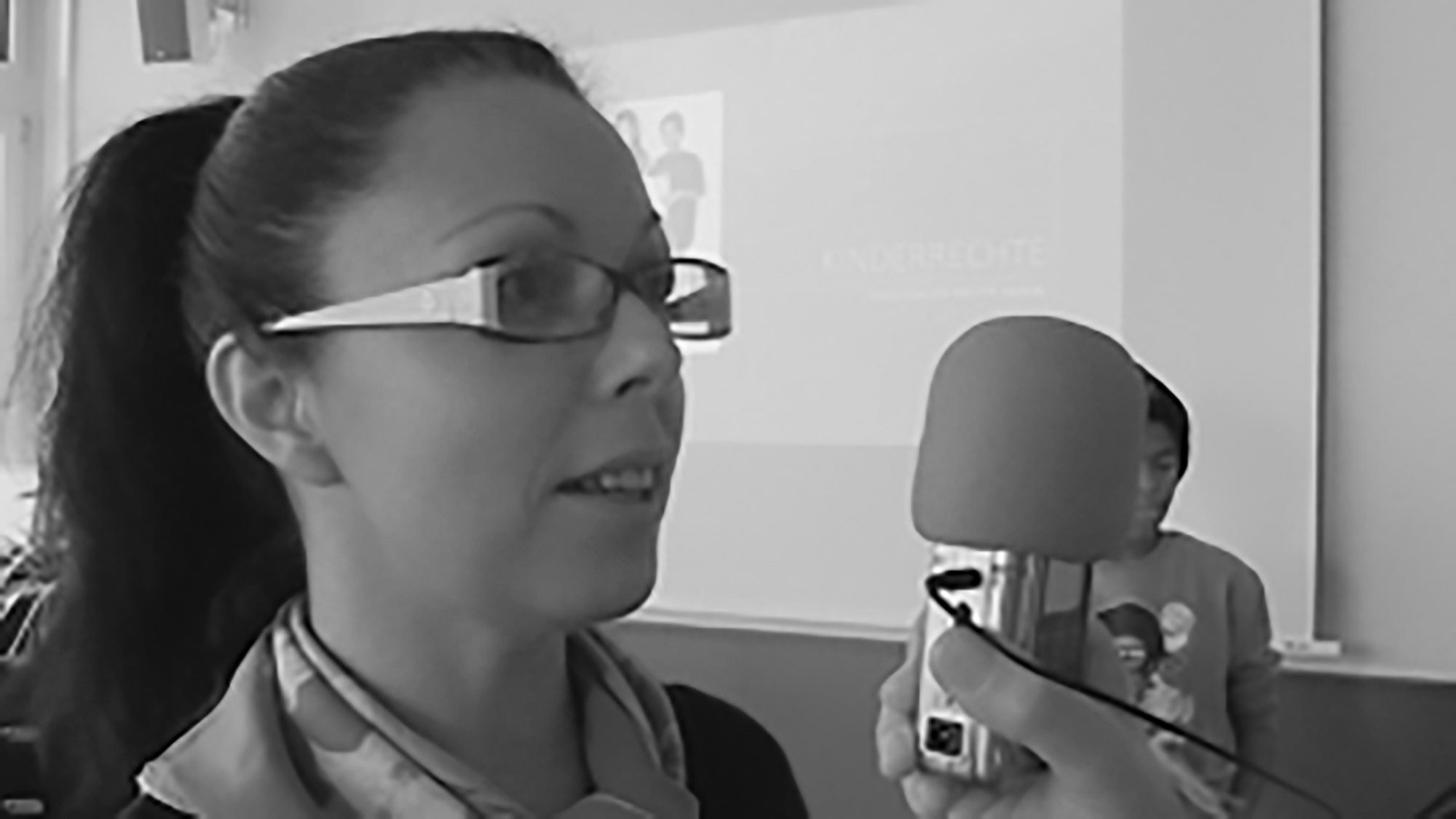A new Swiss study has overturned the myth that female migrants come into the country to work in low paid jobs after it found they were often more qualified and hard-working than local women.
The new study by the Swiss State Migration Commission said it wanted to investigate the belief that women from aboard who came to Switzerland for employment mainly ended up working in nursing, sales, catering and temping. Yet they found that this image was only partially true.
The study found that in 2017, there were 1 million foreign women living in the country. It found that a greater percentage of the foreign females had completed their basic education, and there were more women from abroad working in high-pressure jobs then Swiss women.
One of the authors of the study, Marina Richter, said: “Women from abroad who come here to work are also more willing to take on high stress jobs than locals. They show themselves keen to ensure the future of their families, and are not content to rely on benefits.”
With regards to the traditional image of what women who came into the country worked as, the study found that most of the office jobs in the country were populated by Swiss women, but care work, sales staff and service sector were mainly dominated by foreigners.
But they also found that 22 percent of the management positions in the country were filled by foreign women, as opposed to the Swiss who occupied only 15 percent. This includes for example Italian woman Simona Scarpaleggia, who has been CEO of Ikea Switzerland since 2010.
Most female migrants into Switzerland come from Europe, making up 83 percent of the total, and despite the motivation being the desire to work and create a better standard of living for their families, it is harder for them to gain jobs in the country with the employment rate among foreigners being 68.6 percent, compared to 83 percent for Swiss women, which is more striking because in most cases they were generally more educated, and more often than Swiss women had to accept jobs below their qualifications.
A good example was the carer profession where many highly qualified foreign women ended up because they could not find suitable employment to match their education.
The study said this was a result of discrimination on three levels, because they were female, because they were from abroad and also often because they had a different religion.
One person interviewed was manageress Isabel Zubieta, 50, whose mother moved to Switzerland in 1971 to work but who could not bring her daughter because her father and vanished and without permission it was not possible to move her to a different country.
But when she was 16, she was able to join her mother in Switzerland where she lives in the municipality of Ittigen, which is in the north west Swiss canton of Bern.
She founded the cleaning company “Lares” in January 2017 and said: “It is a fact that foreigners need to work harder than Swiss women to achieve anything at all, for example cleaning ladies have to work more hours to earn the same pay as a Swiss cleaning lady at the end of the month.”
She, too, had to fight when she moved to Switzerland, saying, I could not start any training here. So I started working as a cleaner. I founded the cleaning company because I wanted more recognition: and I could only achieve that by assuming a leadership position myself.”
Marina added: “When we look in particular at care, hospitality and sales, there are many occupational areas in Switzerland which was simply not work without migrants.”
Economic or social level, migrants may perverted our contribution to society.” They added however that the big problem was a lack of understanding, saying: “It has to make clear to the people in the country that migrant women are not a burden but are actually a key pillar in a healthy society.”
The study cited how migrant women also campaigned for more rights for women such as pioneering better career opportunities in education, and were active in the women’s rights movement in the country. They also made inroads into the country’s family and education policies.
To find out more about the author, editor or agency that supplied this story – please click below.
Story By: Michael Leidig, Sub-Editor: Joseph Golder, Agency: Central European News
The Ananova page is created by and dedicated to professional, independent freelance journalists. It is a place for us to showcase our work. When our news is sold to our media partners, we will include the link here.




